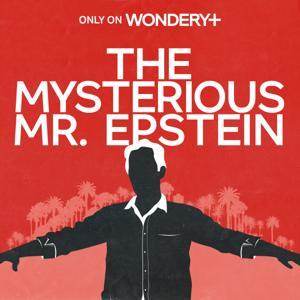Carolyn Adriano died from an accidental drug overdose in May of this year, but in reality it was Ghislaine Maxwell and Jeffrey Epstein's abuse that led to her death.
After suffering years of abuse at the hands of Maxwell and Epstein, Carolyn was "aged out" because she hit the age of 18 and from there things continued to spiral.
Experiencing trauma can have profound and lasting effects on an individual's mental and emotional well-being. Some people who suffer trauma turn to drugs as a coping mechanism, seeking relief from the intense psychological pain and distress that trauma can bring. This summary explores the complex relationship between trauma and substance abuse, shedding light on the factors that drive individuals to self-medicate with drugs.
Trauma, whether caused by violence, accidents, natural disasters, or other distressing events, can lead to feelings of helplessness, anxiety, depression, and flashbacks. These emotional responses can be overwhelming, and some individuals may resort to substance abuse as a way to numb their pain and temporarily escape from the traumatic memories.Several key factors contribute to the connection between trauma and drug use:
- Emotional Relief: Drugs like alcohol, opioids, or stimulants can temporarily alleviate feelings of sadness, fear, and anxiety. Individuals may use drugs to experience emotional relief, even if it's temporary.
- Self-Medication: Some people turn to drugs as a form of self-medication to cope with their symptoms. They may not have access to or awareness of healthier coping strategies, such as therapy or support groups.
- Escapism: The effects of certain drugs can create a sense of detachment from reality, allowing those who have experienced trauma to temporarily escape from painful memories and emotions.
- Peer Pressure: Social environments where drug use is prevalent can encourage individuals to try substances, especially if they are already struggling with the aftermath of trauma. This can lead to a cycle of drug abuse as a means of fitting in or seeking connection.
- Biological Factors: Trauma can affect brain chemistry and increase the vulnerability to addiction. It can lead to changes in the reward system of the brain, making individuals more susceptible to substance abuse.
- Risk of Re-traumatization: Engaging in risky behaviors associated with substance abuse can increase the risk of re-traumatization, perpetuating a cycle of trauma and addiction.
(commercial at 7:53)
to contact me:
[email protected]source:
Ghislaine Maxwell sex trafficking victim OD'd but really it was murder | Toronto Sun




































